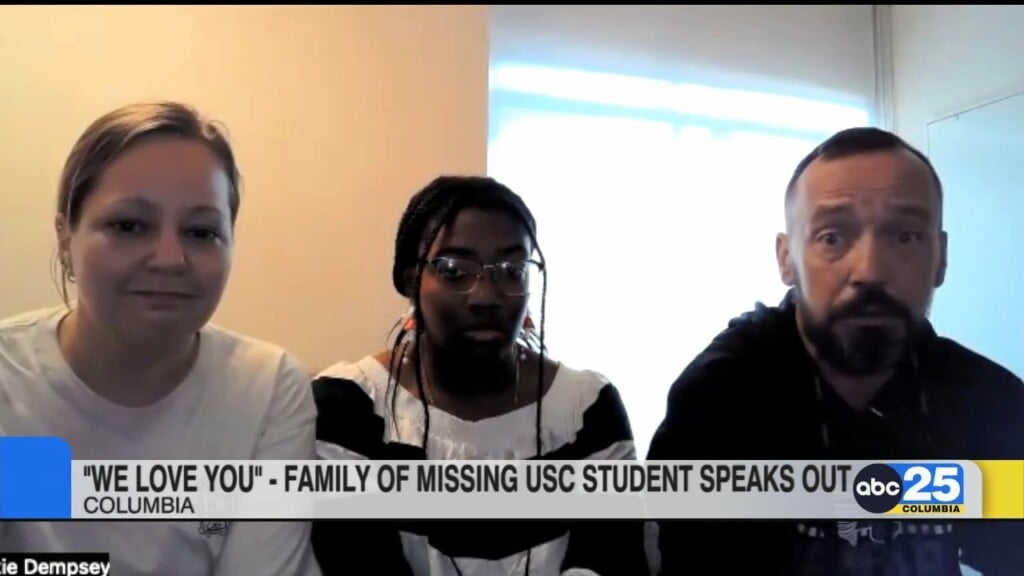Helping families affected by Alzheimer’s navigate through the COVID-19 crisis
During this pandemic, it can be extremely stressful if you're a caregiver for a loved one battling dementia or Alzheimer's.
Columbia, S.C. (WOLO) — During this pandemic, it can be extremely stressful if you’re a caregiver for a loved one battling dementia or Alzheimer’s.
Millions of families across the U.S. are affected by the disease, and right now it can be tough to navigate through the pandemic.
“Just because a dementia patient may not understand what’s happening right now, they understand kindness, they understand love and they understand love. So we can’t forget them in this crisis, and we want to make sure that we support them any way we can,” said Taylor Wilson, Director of State Policy for the South Carolina chapter of the Alzheimer’s Association.
Those with Alzheimer’s or dementia may not remember to take precautions.
“Specifically, the reason that coronavirus is so dangerous to folks who have cognitive decline or dementia is because they cannot participate in the behaviors that will prevent them from getting coronavirus,” said Wilson.
But it’s important that they are being cautious, and it takes some effort from caregivers.
“They may not remember to wash their hands. So you have to remind them, put a little reminder card in there that says wash your hands for 20 seconds. Make sure you ask them did they wash their hands, prompt them,” said Wilson.
It’s also important to check on those who may not be able to tell you that they’re feeling sick.
“So caregivers are having to be hyper-vigilant to make sure any change in behavior, that they’re taking their temperature, that their asking is their throat sore, do they have a cough,” said Wilson.
Despite the current crisis, it’s important to maintain a connection and relationship with your loved one.
“Maintaining your calm, being patient with them, knowing what their understanding level is, and understanding that you will have to repeat this a few times to explain what’s happening in the world,” said Wilson.
Whether you’re a caregiver yourself or if your loved one is in a facility, there are resources from the Alzheimer’s Association with tips and guidelines. There is also a helpline, with people available 24/7 to answer any questions or concerns you may have. That number is 800-272-3900.


